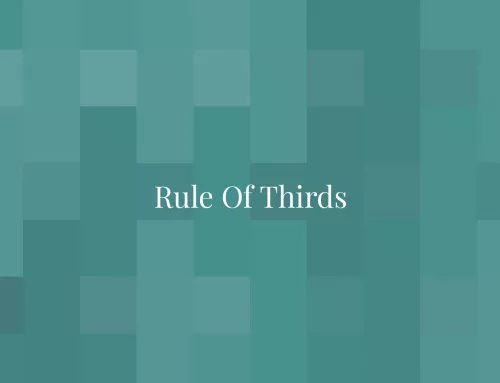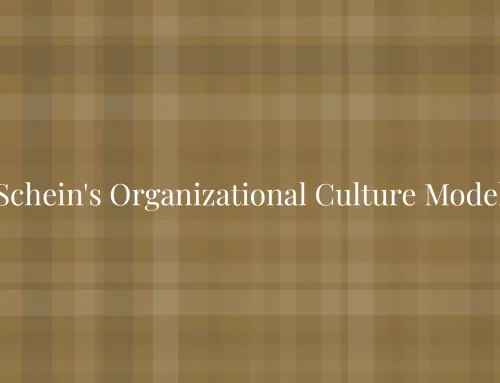The claim of Factfulness is not just to present some good news:
This is a book about the world and how it really is.
Factfulness is about the 10 instincts that distort our perspective of the world. These perspectives and biases prevent us from seeing the world as it actually is.
- The Gap Instinct
- The Negativity Instinct
- The Straight-Line Instinct
- The Fear Instinct
- The Size Instinct
- The Generalization Instinct
- The Destiny Instinct
- The Single Perspective
- The Blame Instinct
- The Urgency Instinct
The Gap Instinct
The tendency to divide things into distinct and often opposing groups. We often imagine / project some sort of gap between the divides (e.g. us and them).
The Negativity Instinct
The tendency to notice/emphasize the negatives over positives; in evolutionary terms, threats versus opportunities. We tend to believe that things are getting worse when they may actually be getting better.
The Straight Line Instinct
The tendency to believe that things will continue as they have before. We know that things change over time. Often, these changes are permanent. Yet, we fallaciously believe that one aspect or another of life will remain constant.
The Fear Instinct
The tendency to pay more attention to “frightening” things. This instinct is closely related to the negativity instinct. We are mentally wired to scan for threats in our environment. Hence, we tend to notice things that scare us. However, this same protective instinct often leads us to exaggerate our negative perceptions. Fear, if left unchecked, can cloud our judgement and decision-making.
The Size Instinct
The tendency to perceive things out of proportion. This is especially true when isolated numbers seem impressive. As humans, we often tend to mis-interpret scale and volume. We base too much of our conclusions on small sample sizes and solitary bits of data. Such fragmented evidence leads to an inaccurate sense of proportion. Frequently, this skews our judgement and misdiagnoses of problems.
The Generalization Instinct
The tendency to generalize by categories. Generalizing makes us susceptible to missing details and differences. This instinct is closely related to the gap instinct. We tend to divide things into binary groups to understand the relationships. However, this can easily blind us to diversity inside and between individual groups. Our tendency to generalise and simplify complex relationships results in our developing stereotypes.
The Destiny Instinct
The tendency to believe that seemingly innate and past characteristics determine the destiny of people, things, groups, institutions, or cultures. Similar to the straight-line instinct, this mental bias assures that things will remain the same. However, history has repeatedly proven that seemingly minor / small changes will compound to radical transformations over time. Change at the micro-level of an individual can seem apparent. But, changes in group settings take more time. Hence, we may fail to recognise small changes that happen around us. Furthermore, when the changes are slow, we may not find them valuable to remember. However, such small changes add up to significant difference over time.
The Single Perspective
The tendency to prefer simple explanations and solutions and miss differing perspectives, angles and complexities. We tend to favour perspectives and opinions that are in-line with our world-view. Any views that don’t fit our perspectives makes us blind to that information. Usually, this is a bad approach, if we want to understand the reality. Instead, we constantly test our favorite ideas for weaknesses. According to Rosling:
Be humble about the extent of your expertise. Be curious about new information that doesn’t fit, and information from other fields. And rather than talking only to people who agree with you, or collecting examples that fit your ideas, see people who contradict you, disagree with you, and put forward different ideas as a great resource for understanding the world.
The Blame Instinct
The tendency to seek simple and clear reasons for why a bad thing occurs. Humans tend to look for guilty parties to blame for problems. But, problems and their causes are often too complex than we realize. Often, we are preoccupied with rationalizing our faults and pointing fingers than truly understanding the complexity. As a result, we fail to develop a real solution. According to Rosling:
We like to believe that things happen because someone wanted them to, that individuals have power and agency: otherwise, the world feels unpredictable, confusing, and frightening.
The Urgency Instinct
The tendency to take immediate actions in response to perceived danger or threats, and in doing so, amplify our other instincts. Abstract problems require more complex solutions, and reacting with too much urgency and force can lead to bad decisions and outcomes. Urgency can be helpful, but it can also amplify all of our other biases, instincts, and reactions and lead us to make mistakes in panic. When urgency clouds your thinking, take a deep breath, examine the data, think analytically, and beware of predictions that fail to account for uncertainty and complexity.




